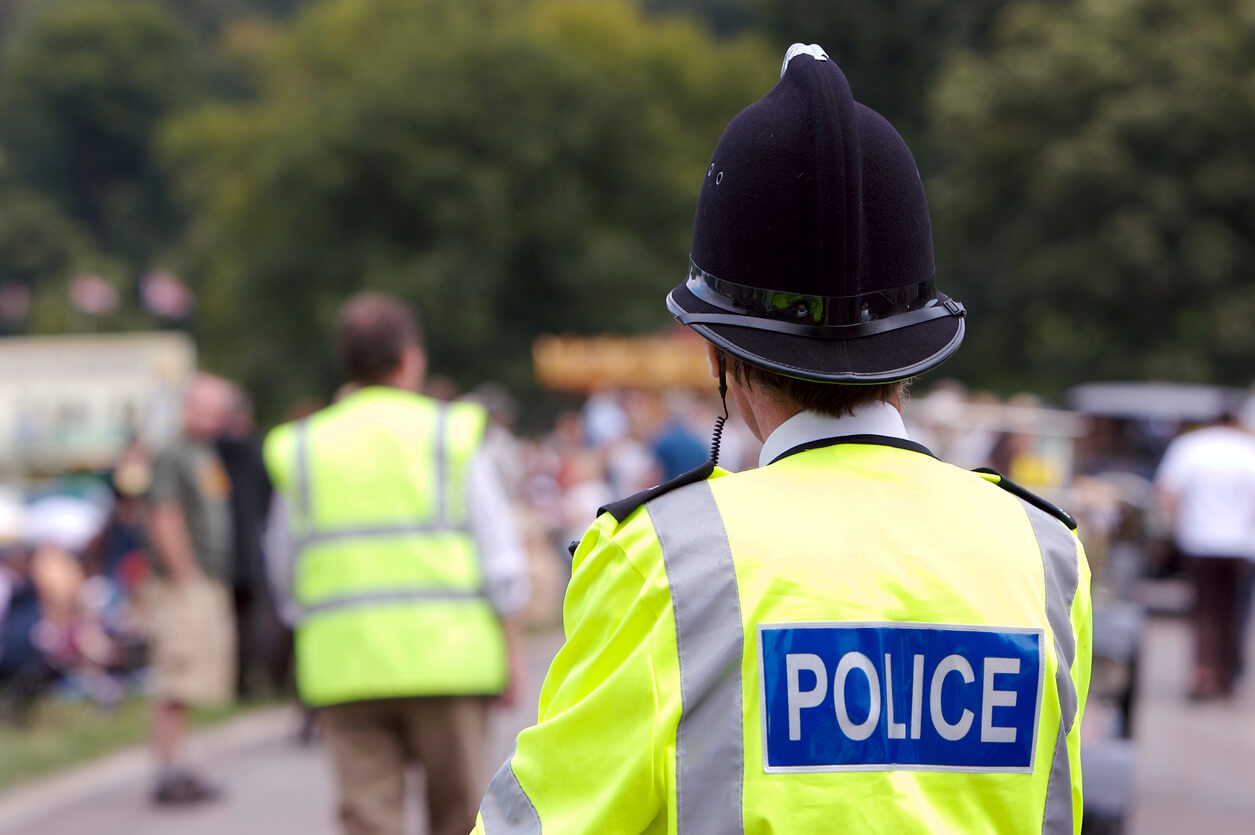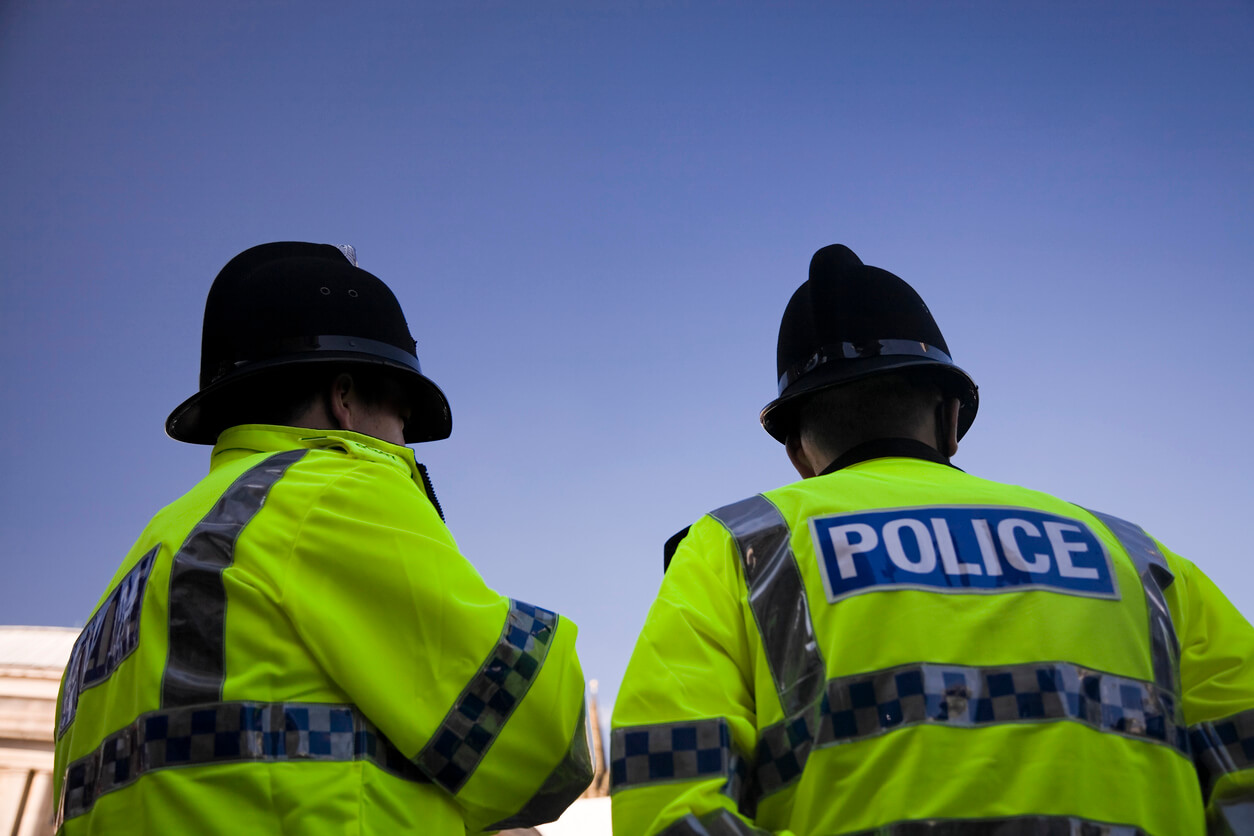High Court rules that the Met breached the rights of Sarah Everard vigil organisers
High Court rules that the Met breached the rights of Sarah Everard vigil organisers
The High Court has ruled that the Metropolitan Police (“The Met”) breached the rights of organisers of a vigil for Sarah Everard in March last year. The organisers withdrew from the planned vigil after being told by the Met that they would face fines and potential prosecution if it went ahead. Speaking on behalf of the organisers, their solicitor Theodora Middleton described the High Court’s judgment as a “victory for women”.
The Met has subsequently announced it will appeal the judgment. In response to the announcement, one of the organisers, Jamie Klingler, described herself as “furious” about the force’s decision. After the initial ruling, Klingler had stated that any appeal by the Met would “further erode women’s trust in the force”.
The death of Sarah Everard, who was murdered by serving Met officer Wayne Couzens in March 2021, has led to heightened scrutiny on police behaviour. There has been widespread condemnation of the ongoing failure to tackle violence against women and continued accusations of a culture of misogyny within the force. There have also been important questions around the Met’s approach to policing protests. Despite the organisers pulling out, the planned vigil for Sarah Everard went ahead – and ended with multiple arrests and accusations of excessive force.
In this post, we’ll look at the High Court’s ruling and its implications, as well as how it relates to broader concerns stemming from the Sarah Everard case.

The case
The dispute over the planned vigil centres on conflicting interpretations of the notoriously ambiguous lockdown restrictions introduced to tackle the COVID-19 pandemic. Following Everard’s death in March 2021, the campaign group Reclaim These Streets (RTS) sought to plan a public vigil. They approached Met commanders for support with setting up the vigil, but were told that it would be illegal under the lockdown regulations then in force. If they were to continue with their plans, they were told, they could face fines of up to £10,000 each, as well as possible prosecution.
Following these discussions, the organisers asked the High Court to intervene and force the Met to reconsider, noting that a blanket ban on the vigil would potentially conflict with the right to protest enshrined in human rights law. However, the High Court refused to intervene at the time, effectively asking RTS and the Met to work it out between themselves while bearing the relevant legal statutes in mind.
Following this, RTS continued to express optimism that they would be able to hold the vigil, believing the Met would be obliged to consider ways to allow it to proceed legally. However, the Met refused to budge from its stance that the event would inevitably contravene lockdown restrictions and could not be authorised. The Met issued a press release the night before the planned vigil, stating that people should stay at home. Ultimately, the organisers were forced to back out of the event on the morning it was due to take place.
However, following a two-day hearing in January, the High Court has now ruled that the Met’s approach constituted a breach of the organisers’ right to freedom of speech and assembly. The ruling by Lord Justice Warby and Mr Justice Holgate found that the Met had incorrectly interpreted the law on gatherings under coronavirus restrictions, particularly the exception for “reasonable excuses”. The force had followed misleading guidance from the College of Policing, which failed to note that protest might afford such a reasonable excuse. Holgate also noted that the press release issued by the Met the day prior to the vigil compounded the “chilling effect of their earlier stance”.
Ongoing accusations of a culture of misogyny at the Met
The ruling has served to compound the ongoing issues facing the Met in relation to their handling of violence against women, as well as accusations related to the culture within the force. While Everard’s tragic death was itself sufficient to bring these issues into full view, the force’s subsequent actions have largely made matters worse.
As noted above, the vigil itself went ahead without the organisers’ involvement, leading to numerous arrests and shocking images of women being physically detained. Met Commissioner Cressida Dick defended the force’s actions, but PM Boris Johnson described himself as “deeply concerned”. Subsequently, it emerged that a number of serving and former Met officers had shared racist and misogynistic messages in a WhatsApp group that included Couzens, suggesting that there were broader problems.
Last November, it emerged that two Met officers had taken selfies with the bodies of two murdered sisters, while in February the Independent Office for Police Conduct (IOPC) reported that up to 19 officers at Charing Cross station had shared extremely offensive messages that included threats of sexual violence. In response to the latter report, a Met spokesperson stated: “We do not believe there is a culture of misogyny at the Met.”
This stance, however, was increasingly difficult to maintain. In October, Home Secretary Priti Patel announced a statutory inquiry into the “systemic failures” that led up to Couzens’ crime, including an investigation into “professional standards and discipline” and “workplace behaviour” in the force. By last month, Cressida Dick’s position as commissioner had become untenable, and she announced her resignation after losing the confidence of London mayor Sadiq Khan. It remains to be seen, however, what impact this will have on restoring public faith in the Met’s ability to tackle violence against women.

Our expert opinion
Demi Drury, the Head of our Actions Against the Police Department, offers her professional opinion on the case:
It is disappointing that the Met, with extensive legal services and the guidance provided by the college of policing, did not deal with this situation differently. Despite there being Covid-19 restrictions in place, this incident was deeply disturbing, and it is no wonder why members of the public wanted to take to the streets to highlight their deep concerns. Had this situation been dealt with differently beforehand this would have led to officers on scene being briefed properly to deal with the planned event appropriately and with the sensitivity it deserved.
Whilst the High Court ruling is welcomed, we now are now faced with the proposals under the Police, Crime, Sentencing and Courts Bill. I agree with most campaigners who are calling this a ‘dark day for democracy’ as the bill was voted through, which will restrict the right to protest and protests themselves.
Protections against discrimination by the police
These reports are understandably deeply troubling to many, serving to potentially erode trust in the police. But given this context, it is important to be aware that you do not have to accept misogyny or any other form of discriminatory treatment at the hands of the police. The Equality Act 2010 makes it illegal for the police to treat you less favourably because of any protected characteristic, including sex. The list of protected characteristics also includes gender reassignment, meaning that you cannot be discriminated against for being transgender, no matter what stage of the transition process you are at.
If you believe you have received unequal treatment on the basis of a protected characteristic such as your gender – or you have experienced other forms of improper behaviour on part of the police – you can complain directly to the police force in question. If the incident has had a significant impact, it’s important to be aware you can also seek compensation. However, in order to do so you will need to pursue a civil action against the police.
If you have suffered from discriminatory treatment at the hands of the police, HNK Solicitors can help. Our expert team have supported many clients to claim compensation as a result of police misconduct, and we offer free consultations to help you decide whether you have a valid case. To arrange a consultation, simply fill out the form on our website to request a callback. Alternatively, call us on 0151 203 1104 or email us at enquiries@hnksolicitors.com.
Recent case studies
3 July 2025
HNK Recover £34,000 in Damages and Costs For Client Against British Transport Police and Avon and Somerset Police












